How to Reduce Inflammation Naturally.
Natural Remedies For Inflammation.
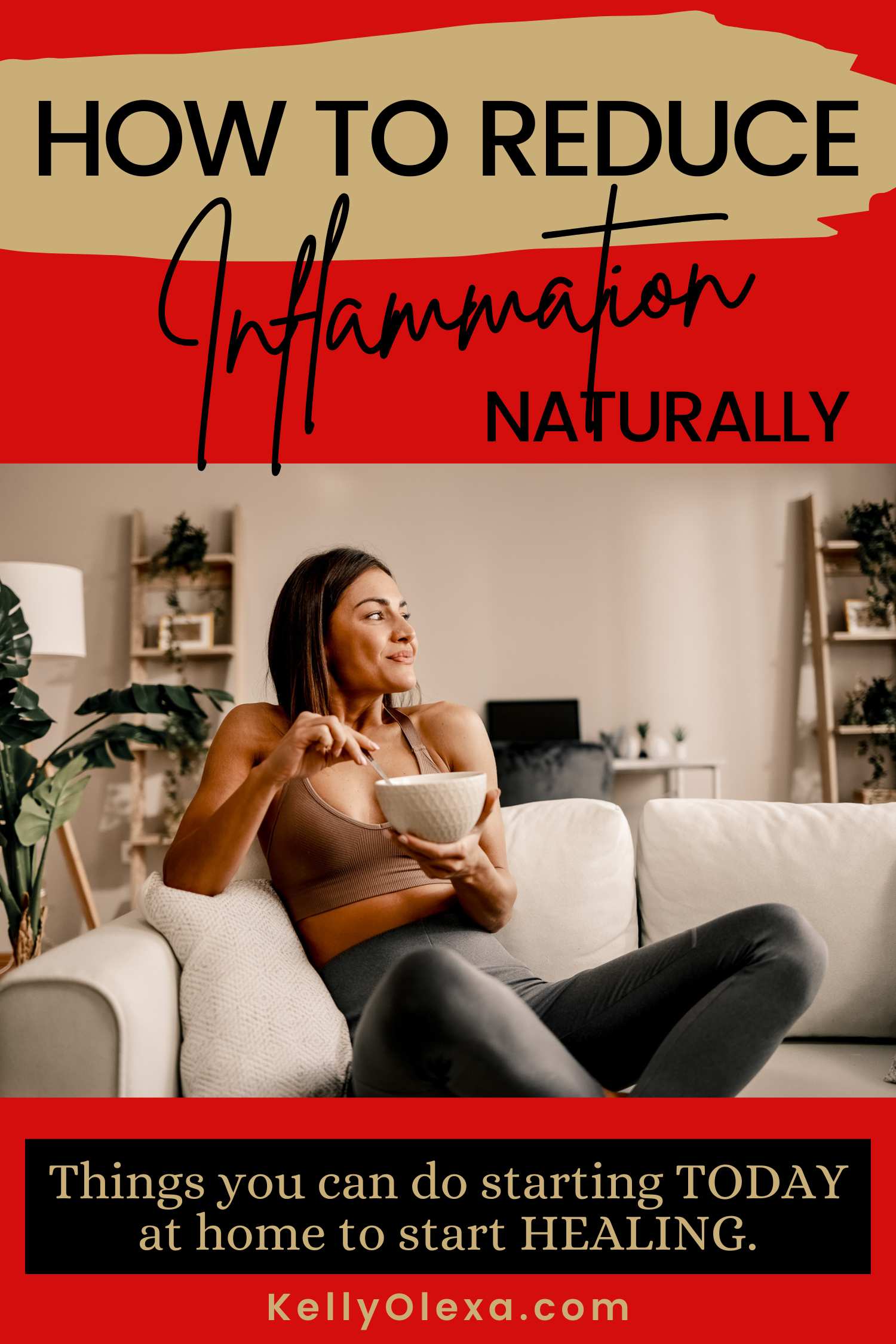
Are you curious about how to reduce inflammation naturally without prescription drugs? I’m with you- learning how to reduce inflammation naturally has been my top focus lately, ESPECIALLY after blood work confirmed I have a LOT of inflammation going on in my body.
Inflammation is a common bodily response that plays a vital role in our immune system. However, dealing with chronic inflammation can be disruptive and even detrimental to our overall health.
As a self-proclaimed fitness fanatic focusing on managing my own chronic inflammation, I know it’s essential to explore natural remedies that can effectively alleviate symptoms without relying solely on over-the-counter medications.
In this blog post, I’ll delve into the world of natural alternatives for inflammation, providing you with effective strategies and remedies to promote well-being and reduce inflammation naturally.
What IS Inflammation and What Causes Inflammation?

Before we dive into all the natural remedies, let’s get a better understanding of inflammation and its causes.
Inflammation is the body’s response to injury, infection, or tissue damage. It manifests as redness, swelling, heat, and pain.
Common causes of inflammation include chronic stress (THIS IS ME), poor diet (or eating things that you may not know are inflammatory/reactive for you), sedentary lifestyle, environmental factors, and autoimmune disorders. By addressing the root causes of inflammation, we can effectively manage its symptoms and support our overall health.
Skin Rashes and Hives as Signs of Inflammation
Skin rashes and hives are commonly associated with inflammation and can serve as visible indicators of an inflammatory response in the body. Inflammation is the body’s way of responding to an injury or irritation and involves the release of chemicals that cause swelling, redness, heat, and pain. When this response happens in the skin, it causes rashes and hives to appear.
These skin conditions often arise due to various triggers, including allergic reactions, infections, or autoimmune disorders, all of which can lead to an inflammatory response in the skin. Inflammation can cause the blood vessels in the affected area to dilate, resulting in redness, swelling, itching, and the formation of hives or raised skin rashes.
If you notice persistent or recurring skin rashes or hives, it is important to seek medical attention to determine the underlying cause of the inflammation and develop an appropriate treatment plan to address both the skin condition and the inflammation.
How to Deal With Skin Rashes, Hives and Breakouts as a Result of Inflammation.
When it comes to addressing skin rashes, bumps, and hives associated with inflammation, a multifaceted approach can provide relief and promote healing.
Firstly, identifying and avoiding potential triggers is crucial. This may involve keeping a diary to track any potential allergens or irritants that could be causing the skin reactions. Additionally, applying cool compresses or taking cool baths can help soothe the affected area and reduce inflammation. Using gentle, fragrance-free, and hypoallergenic skincare products can minimize further irritation.
Calming ingredients such as aloe vera gel, chamomile, or oatmeal baths can also provide relief. Over-the-counter antihistamines may help alleviate itching and reduce the allergic response. However, if the skin rash, bumps, or hives persist, worsen, or are accompanied by severe symptoms such as difficulty breathing or swelling of the face and throat, seeking medical attention is essential, as it could indicate a more serious allergic reaction or underlying condition. A healthcare professional can assess the situation, prescribe appropriate medications if necessary, and provide guidance on managing skin rashes, bumps, and hives associated with inflammation effectively.
Something else to consider is taking a food reactivity test. I discovered that many times when I’d get an outbreak of skin bumps it was due to consumption of corn, which I now know is highly reactive and inflammatory for me, as is too much dairy and gluten. Food can be medicine and the REMOVAL OF FOOD can also be medicine.
Glycolic acid, an alpha hydroxy acid derived from sugarcane, is renowned for its exfoliating and skin-renewing properties, making it an effective ingredient for addressing various skin issues associated with inflammation. This powerful acid works by gently dissolving dead skin cells and unclogging pores, which can be beneficial for conditions such as acne, hyperpigmentation, and rough, uneven skin texture that may arise from inflammation. Glycolic acid also stimulates collagen production, promoting skin elasticity and firmness. Incorporating skincare products formulated with glycolic acid, such as cleansers, toners, serums, or moisturizers, can help improve the appearance of inflamed skin by reducing redness, refining skin texture, and promoting a more even skin tone.
It’s important to start with lower concentrations and gradually increase usage to allow the skin to acclimate. If you have sensitive skin or existing skin conditions, you should be cautious and consult with a dermatologist if possible before incorporating glycolic acid into your skincare routine to ensure optimal results and minimize any potential irritation.
The Limitations of Over-the-Counter Medications For Inflammation
While over-the-counter medications like nonsteroidal anti-inflammatory drugs (NSAIDs) are readily available and provide temporary relief, they come with limitations and potential risks. Prolonged use of NSAIDs may lead to adverse effects such as gastrointestinal problems, liver damage, and cardiovascular risks. Therefore, exploring natural alternatives becomes crucial for reducing dependence on pharmaceutical options and their potential side effects.
Having had to take many OTC medications including NSAIDs for many years of my adult life, I can tell you that while they may provide short term relief, they absolutely cause other health problems that are usually far worse to address.
Herbal Remedies for Inflammation

Nature offers a plethora of powerful herbs known for their anti-inflammatory properties. Turmeric, with its active compound curcumin, has gained significant attention for its potential to reduce inflammation. I am all about Turmeric Lattes lately – I use this blend I bought in Austin religiously. Ginger, boswellia, and green tea are also effective in modulating the body’s inflammatory response. These herbs can be incorporated into daily routines through teas, adding them to meals, or taking them as supplements. Experimenting with different herbal remedies can help you find what works best for your body AND which ones you prefer.
How Does Turmeric Help Fight Inflammation?
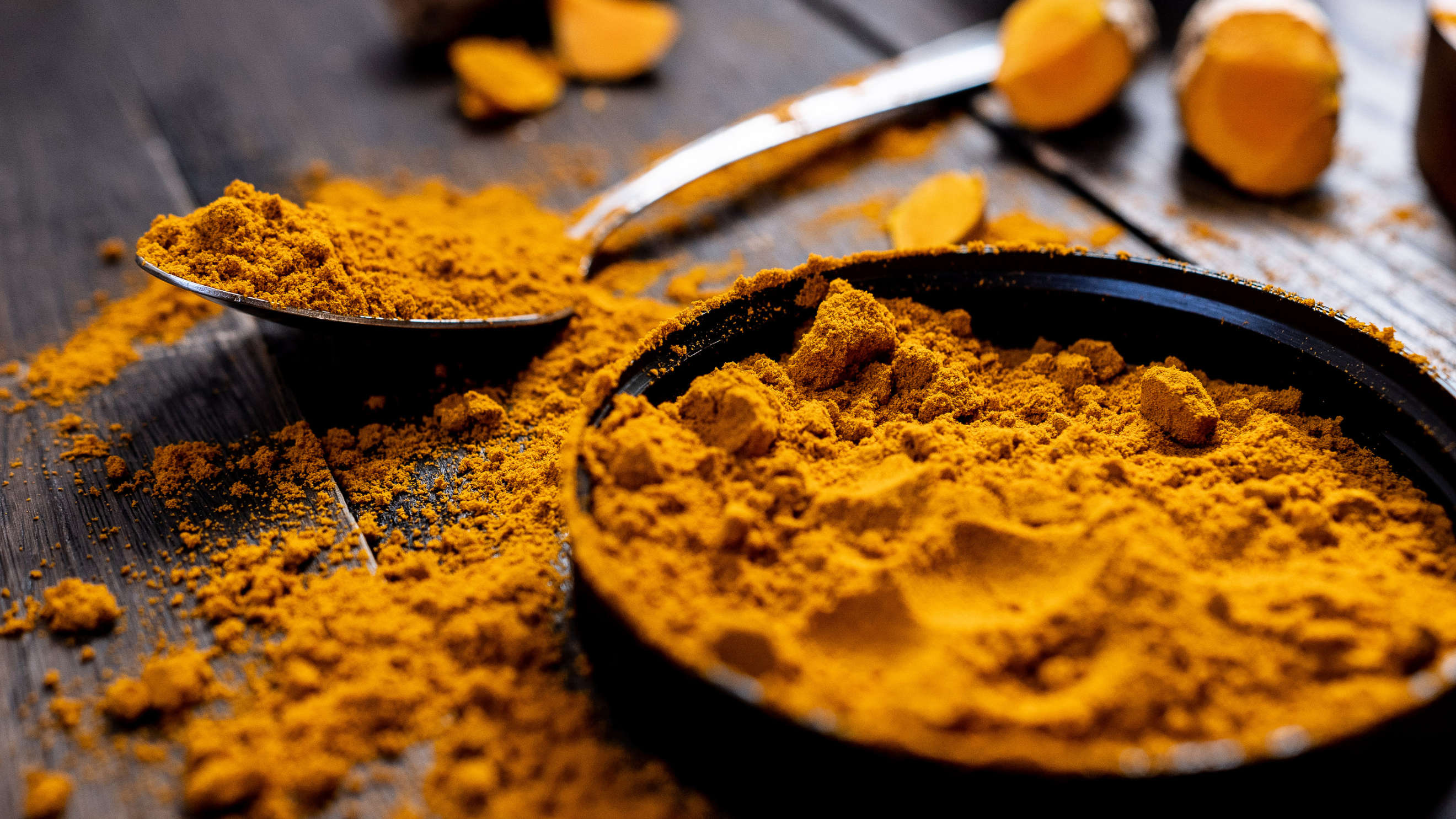
Turmeric, with its active compound curcumin, is widely recognized for its potent anti-inflammatory properties. To incorporate turmeric into your routine and harness its benefits, there are several options available. One popular method is to use turmeric powder in cooking. Add a teaspoon or two of turmeric powder to curries, soups, stews, or stir-fried vegetables to infuse your meals with its vibrant color and earthy flavor. Another option is to make a warming turmeric tea by combining hot water, a teaspoon of turmeric powder, a pinch of black pepper (which enhances curcumin absorption), and a squeeze of lemon or a dash of honey for taste.
I personally LOVE making a “Turmeric Latte” (sometimes called a Golden Latte) using almond milk and I add extra cinnamon. So good.
You can also find turmeric supplements in capsule or liquid form, which provide a concentrated dose of curcumin. When opting for turmeric supplements, it’s advisable to follow the recommended dosage on the product label and consult with a healthcare professional, particularly if you have any underlying health conditions or are taking other medications. Regardless of which method you choose, incorporating turmeric into your daily routine can be an effective strategy to naturally combat inflammation.
The Best Ways to Use Ginger to Reduce Inflammation.
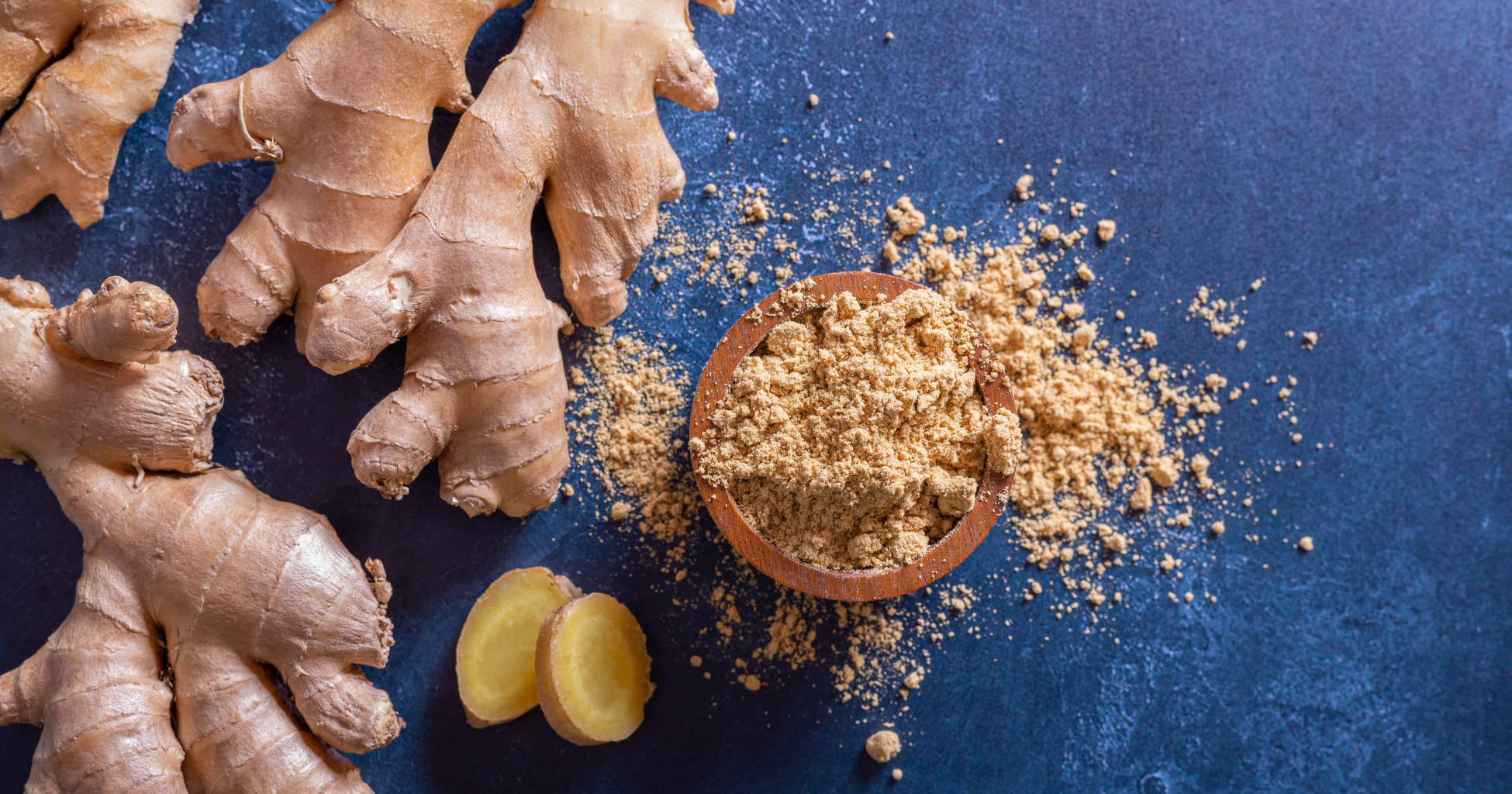
Ginger is a powerful root known for its anti-inflammatory properties, making it a valuable addition to your inflammation-fighting arsenal. There are several ways to incorporate ginger into your routine. One simple method is to brew ginger tea by slicing fresh ginger root and steeping it in hot water for 10-15 minutes. You can enhance the flavor by adding a squeeze of lemon or a drizzle of honey. Or try this Ginger Infused Honey (OMG just found on Amazon).
Another option is to grate or mince fresh ginger and add it to stir-fries, curries, or soups during cooking. Its zesty and slightly spicy flavor pairs well with various dishes. We’ve been doing so much lately cooking Asian recipes- Korean dishes and Chinese food- we are using a LOT of ginger in our cooking and it really is a fantastic flavor addition. This squeeze ginger in a bottle (minced fresh ginger) will change your cooking life. CLICK HERE to buy on Amazon.
Additionally, you can blend fresh ginger into smoothies or juices for an added kick of anti-inflammatory goodness.
If you prefer convenience, ginger supplements are available in capsule form, ensuring a consistent dosage of ginger’s active compounds. As with any dietary addition or supplementation, it’s always advisable to consult with a healthcare professional to ensure it aligns with your specific health needs and any existing medications you may be taking. By incorporating ginger into your daily routine, you can tap into its anti-inflammatory benefits and support your overall well-being.
How Does Boswellia Help With Inflammation?

Boswellia, also known as Indian frankincense, is a resin extracted from the Boswellia serrata tree and has been used for centuries in traditional medicine for its anti-inflammatory properties. The main active compounds in boswellia, known as boswellic acids, have shown promise in reducing inflammation by inhibiting certain enzymes involved in the inflammatory process.
Studies have indicated that boswellia may be particularly effective in managing inflammation associated with conditions such as osteoarthritis, rheumatoid arthritis, and inflammatory bowel disease. Additionally, boswellia has been reported to have analgesic properties, helping to alleviate pain often associated with inflammation. Incorporating boswellia as a natural remedy may provide an alternative or complementary approach to reducing inflammation and promoting overall well-being. Both my husband and I are taking Boswellia daily to help with inflammation.
Dosage Recommendation for Boswellia:
When it comes to the dosage of boswellia, it’s important to follow the recommendations provided on the specific product you choose. The suggested dosage can vary depending on the concentration of boswellic acids in the supplement or extract. As a general guideline, a typical dosage range for boswellia supplements is 300-500 mg, taken two to three times a day. However, it’s always best to consult with a healthcare professional, such as a naturopath or herbalist, to determine the appropriate dosage for your individual needs. They can take into account factors such as your health condition, other medications you may be taking, and any potential interactions or contraindications. Their expertise will ensure you are taking the proper dosage of boswellia to maximize its anti-inflammatory benefits while maintaining safety and effectiveness.
Essential Oils For Reducing Inflammation.
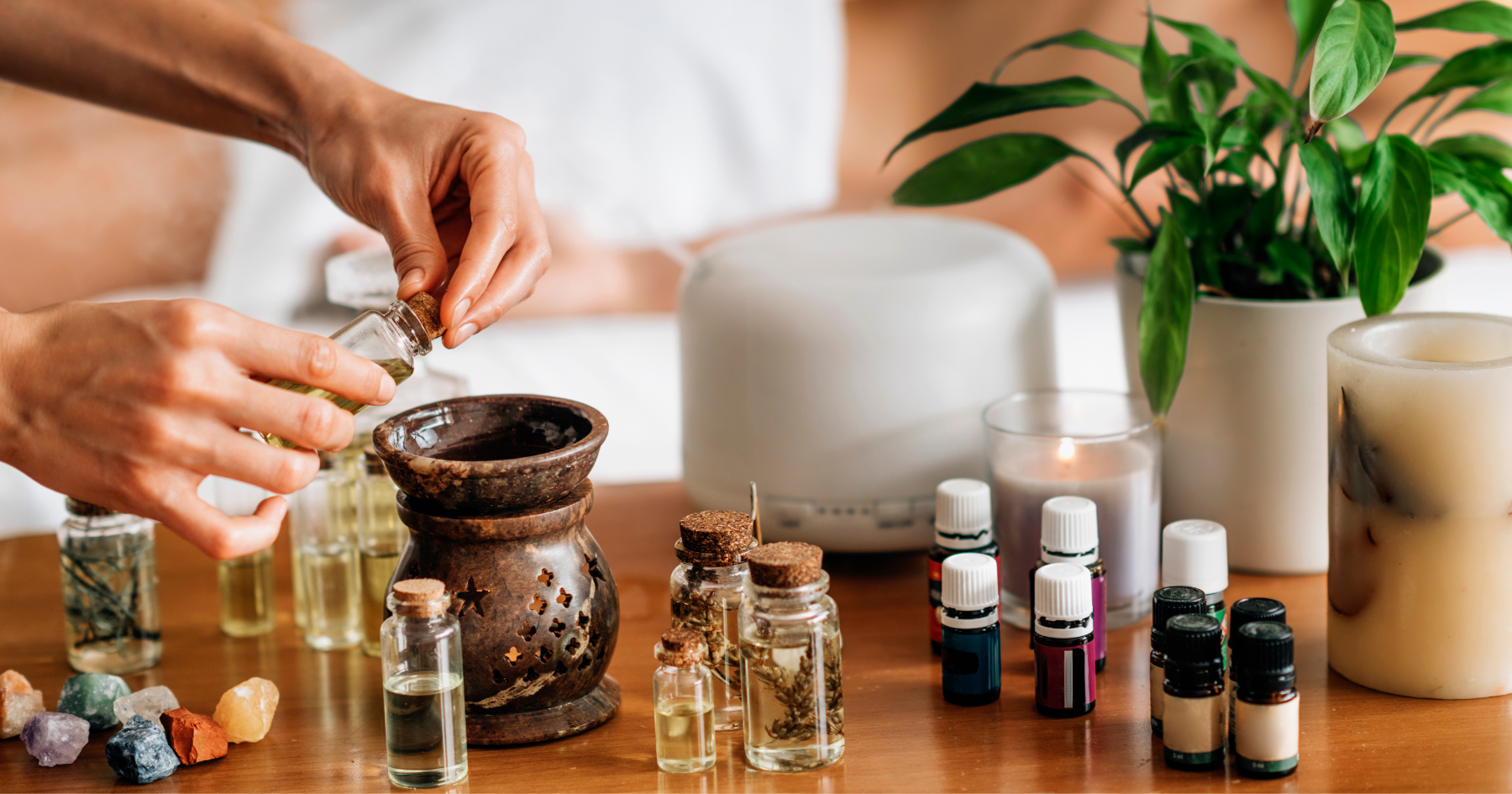
I discovered essential oils at the spa, go figure. But they aren’t just for spa days.
Another avenue to explore in natural inflammation relief is essential oils. Lavender, chamomile, eucalyptus, and frankincense are well-known for their anti-inflammatory properties. Essential oils can be used through aromatherapy, topical application, or diluted for massages. It’s essential to follow safety guidelines and use them responsibly. Before use, consider performing a patch test and consult with a qualified aromatherapist for proper usage and dosage instructions.
Using Essential Oils Topically for Inflammation:
IMPORTANT! Do not make the mistake I did when I first bought essential oils and think you can just apply them to the skin anywhere in any way! LOL. I’ll never forget being told about peppermint oil helping to relieve headache pain. I had a banger headache and my eyes were throbbing. I put peppermint oil ON MY EYELIDS– OMG!!!!!! I was stinging for hours. Hours! Now I get why they say use a carrier oil!
Topical application of essential oils can provide targeted relief for localized inflammation. Before applying essential oils to your skin, it’s crucial to dilute them with a carrier oil to prevent skin irritation or sensitization. Common carrier oils include jojoba oil, coconut oil, almond oil, or olive oil. To create a diluted blend, add a few drops of essential oil to a tablespoon of carrier oil and mix well. Gently massage the diluted mixture onto the affected area, allowing the skin to absorb the oils.
You can also create a soothing compress by adding a few drops of essential oil to a bowl of warm water, soaking a clean cloth or towel in the mixture, and applying it to the inflamed area. Popular essential oils for inflammation relief include lavender, chamomile, eucalyptus, and frankincense. However, it’s important to note that everyone’s skin is unique, and some individuals may be more sensitive to certain essential oils. Perform a patch test on a small area of skin before applying the blend to larger areas to ensure there are no adverse reactions. If you have any concerns or questions, consult with a qualified aromatherapist or healthcare professional for personalized guidance on using essential oils topically for inflammation.
Lifestyle Changes You Can Make to Help Reduce Your Inflammation Response.

Beyond herbal remedies and essential oils, lifestyle adjustments play a pivotal role in managing inflammation. Stress reduction techniques like meditation, yoga (I strongly suggest you check out TheClass.com— I am a subscriber and truly obsessed with these totally unique and feminine centered classes that often bring out the emotions in me big time. CLICK HERE to check them out and start with a free trial like I did then find YOUR obsession.) , and deep breathing exercises have shown promising effects on reducing inflammation levels.
Engaging in regular exercise not only improves overall fitness but also helps combat inflammation. Quality sleep, a balanced diet rich in fruits, vegetables, whole grains, and lean proteins, and maintaining a healthy weight are additional lifestyle factors that contribute to managing inflammation effectively.
Attacking Inflammation Naturally. You Can Make a Difference. I am!

So many of us are silently suffering from inflammation and doing nothing about it. I wrote this blog post for those of you who may be like I was– not KNOWING that the “stuff” that was going on with my body from skin bumps and hives to gaining inches FAST – way too fast to be weight gain (inflammation related to too much dairy– I cut dairy and lost almost 3 inches in a week!!) to headaches to joint pain for no reason– it was all inflammation and could all get better — if I took better CARE OF MYSELF!
Taking a natural approach to manage inflammation can have a profound impact on our overall well-being. When we understand the causes of inflammation and explore effective alternatives to over-the-counter medications, we can proactively address and reduce inflammation naturally. Herbal remedies, essential oils, and lifestyle adjustments offer viable options to mitigate inflammation’s adverse effects and promote long-term health.
Embrace the power of nature and make informed choices that support your body’s natural healing abilities. Take inflammation seriously. Decreasing it can totally change your fitness results and improve your whole state of being. Remember to consult with healthcare professionals if needed and listen to your body’s signals as you embark on your journey toward a healthier, inflammation-free life. Let me know which of these approaches you try and how they helped you!
But Wait, There's MORE!

If you enjoyed this post, I’ve got a few more that you’ll likely want to check out. My last blog post on How Much Protein Do Women Need CLICK HERE. How to Have Good Gut Health: CLICK HERE. How to Deal With Hormonal Acne: CLICK HERE. Be sure to subscribe below so you don’t miss out on the good stuff coming up!
Join My NEW Newsletter Situation!
AFFILIATE DISCLAIMER
Note: this blog contains affiliate links that allow you to find the items mentioned in this post and support this channel at no cost to you. While this channel may earn minimal sums when a viewer uses the links provided, the view is in NO WAY obligated to use these links. Thank you for your support.

How to Decrease Stress Hormones For Weight Loss and Better Health.

How to Stop Hormonal Weight Gain. Can You Reset Your Female Hormones Naturally?

How to Reset Female Hormones to Lose Weight. Don’t Learn The Hard Way!

Sudden Weight Gain in Perimenopause: Balance Hormones For Weight Loss.
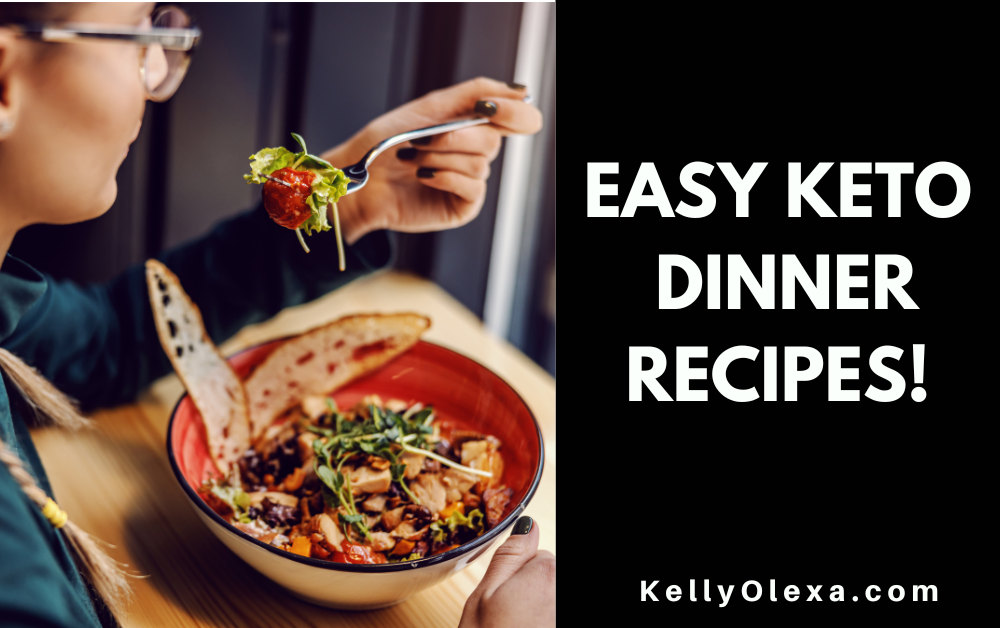
Easy Keto Dinner Recipes: Delicious Low Carb Meals in Under 30 Minutes.

